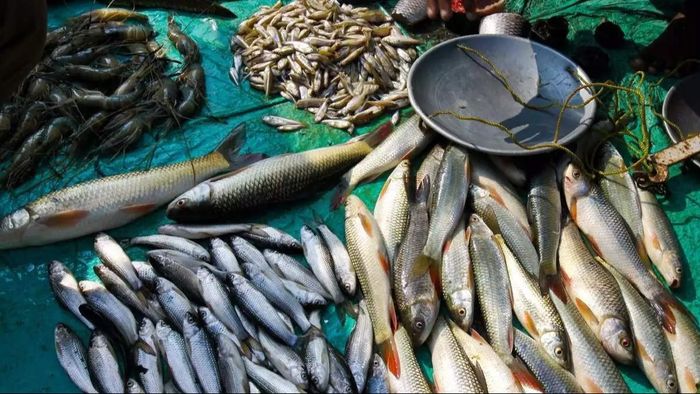Researchers will examine three fish species in the Northeast to determine their climatic sensitivity
There are 435 species of fish in the northeastern river systems of India, including the large catchment areas of the Brahmaputra, Barak-Surma-Meghna, and Chindwin.

- Mar 06, 2024,
- Updated Mar 06, 2024, 12:24 PM IST
There are 435 species of fish in the northeastern river systems of India, including the large catchment areas of the Brahmaputra, Barak-Surma-Meghna, and Chindwin.
Among these, 427 are indigenous. Scientists in the northeastern Indian states are planning to study three fish species to understand their vulnerability to climate change and to develop an effective conservation plan. The three species are the tyre track eel (Mastacembelus armatus), snow trout (Schizothorax richardsonii), and tor mahseer (Tor tor).
Yumnam Lokeshwor Singh, an associate professor in the zoology department at Assam Don Bosco University (ADBU), stated that the selection of these three species is based on their distribution and adaptability to water temperature. This will serve as a reference point for predicting or analysing the impact of climate change on the environment.
It will also assist in formulating conservation strategies and finding the right, suitable habitat for fish in Northeast India. Lokeshwor, an active participant in fish discovery and conservation actions in the Northeast, warns that shifting habitats, drying streams, pollution, and other climate change side effects could pose a significant threat to fish in the Himalayan regions.
Also read: Manipur Government to soon enforce law ending hereditary chieftainship in hill regions